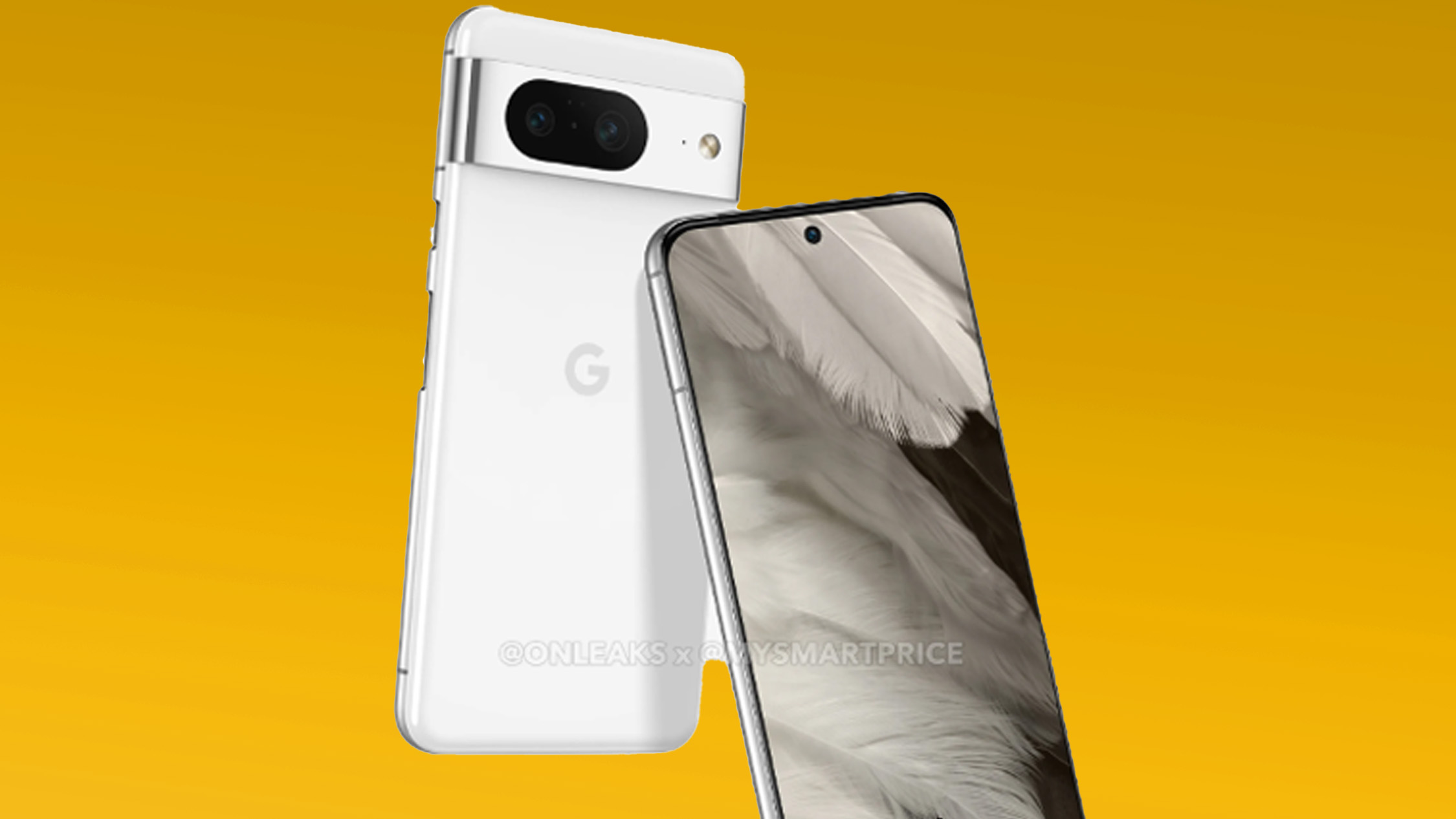
While there’s still life in the Tensor G2 chip — the Pixel Fold and Pixel Tablet will both use it when they go on sale this month — Google’s next generation G3 could be a massive step forward, according to the leaker Kamila Wojciechowska.
Writing for Android Authority and with intel from a “source inside Google," Wojciechowska highlights a number of ways in which the Tensor G3 chip is set to be a big improvement for Google’s smartphones when the Pixel 8 arrives later this year.
This is firstly in terms of the cores, where “the entire CPU block has been rearchitected to use ARMv9 cores”. The layout is also changed, with Google set to adopt a 1+4+4 layout to replace the 2+2+4 setup of the previous generations.
The large core will reportedly be a Cortex-X3 running at 3.0GHz, with four Cortex-A715s clocked at 2.45GHz backing it up. The small cores will be four Cortex-A510 cores at 2.15GHz. All of this is a lot more modern than what’s come before, and should bring a tangible boost to both performance and efficiency.
Tensor G3: A big graphics boost
Graphical output will also apparently get a boost, with the Tensor G3 apparently adopting Arm’s Mali-G715. That’s a big improvement on what powers the Pixel 7 Pro, and while Wojciechowska’s source “couldn’t provide the exact core count," other evidence points to a ten-core setup. “This would make the GPU the ‘Immortalis’ variant of G715, complete with ray-tracing capabilities,” he writes.
Beyond raw performance, the Tensor G3 will have other big advantages over what’s come before, according to Wojciechowska. Not only will the upgrade allow the chip to use the faster UFS 4.0 storage seen on flagship Android phones like the Samsung Galaxy S23 Ultra and OnePlus 11, but it should provide a security boost with Memory Tagging Extensions helping prevent memory-based attacks.
It’ll also improve the series’ use of AI. Google has made neural processing a big deal with recent Pixels, beginning with the built-in TPU on the Tensor G1. This was said to be 60% faster for camera and speech tasks in the G2, and it’s getting a 100MHz speed boost for the G3 edition, codenamed Rio. “While I don’t currently have any specific data regarding its performance, ‘Rio’ should still be a considerable upgrade,” Wojciechowska writes.
A video leap
Finally, the G3 will apparently receive a substantial upgrade to video encoding and decoding, with the MFC block now offering support for 8K30 — though it’s far from a given that the Pixel 8 family will actually utilize this.
“It is important to note that, as of now, a special internal version of Google Camera used to test the Pixel 8 series does not support recording 8K video, and, in my opinion, it’s unlikely it ever will,” Wojciechowska says. “Pixels already struggle with thermals while recording 4K, not to mention how quickly it’d fill up the storage.”
Interestingly, the chip also adds AV1 encoding for up to 4K30, which would make Google the “first smartphone brand to ship an AV1 encoder in a mobile device.”
All of these changes sound extremely promising, but we’ve got a while to wait before real-world benchmarks roll in. The Pixel 8 isn’t expected until October/November if past launches are anything to go by. But the event may be worth the wait — alongside the new smartphones, there’s a good chance we’ll see a much-improved Pixel Watch 2, too.







